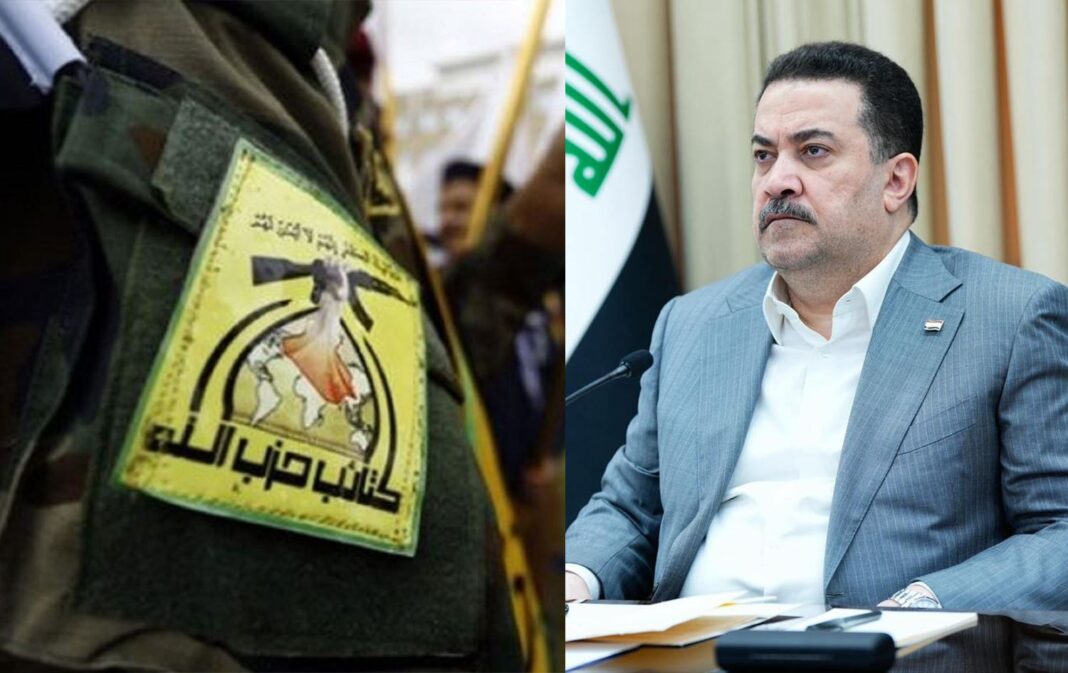President Abdul Latif Rashid has submitted eight proposals aimed at protecting election integrity ahead of Iraq’s upcoming parliamentary vote on November 11. These proposals, developed in close coordination with Prime Minister Mohammed Shia Al-Sudani, aim to stop the misuse of state resources during the electoral period.
The president addressed a detailed letter to the Coordination Framework, Iraq’s leading Shia political alliance. In the letter, Rashid outlined steps to reduce political manipulation through government appointments and state benefits. He specifically called for halting public job appointments and contract distributions until after the elections conclude.
Rashid explained that several candidates have used jobs and public resources to influence voters. As a result, his first proposal seeks to pause all appointments and land grants during the campaign season. He also recommended freezing the distribution of residential land across all provinces.
Moreover, Rashid suggested stopping new registrations in social welfare programs. He cited concerns that expanding the list of beneficiaries could become a tool to gain political advantage. “These actions could affect voter decisions,” he warned, stressing that fairness must guide the electoral process.
Additionally, Rashid advised banning collective letters of appreciation from ministries and provincial offices. He argued that such gestures could sway public opinion before the election. The proposal also included strict limitations on how public institutions are used during campaigns.
To ensure fair access for all candidates, Rashid recommended that civil servants running for office take leave—either paid or unpaid. He emphasized that no official should use their government role to support a political campaign. Senior officials, he said, must act neutrally and uphold electoral fairness.
To further support protecting election integrity, Rashid proposed suspending all military and security transfers during the election period. He believes this step would safeguard the neutrality of the armed forces.
“These recommendations aim to create a level playing field,” Rashid wrote. “They will reassure both Iraqi citizens and international observers.”
A joint meeting of Iraq’s executive, legislative, and judicial leaders will soon discuss the proposals. While no date has been confirmed, a constructive debate is highly expected.
Ultimately, Rashid’s plan focuses on protecting election integrity while encouraging political transparency and public trust in Iraq’s democratic process.



